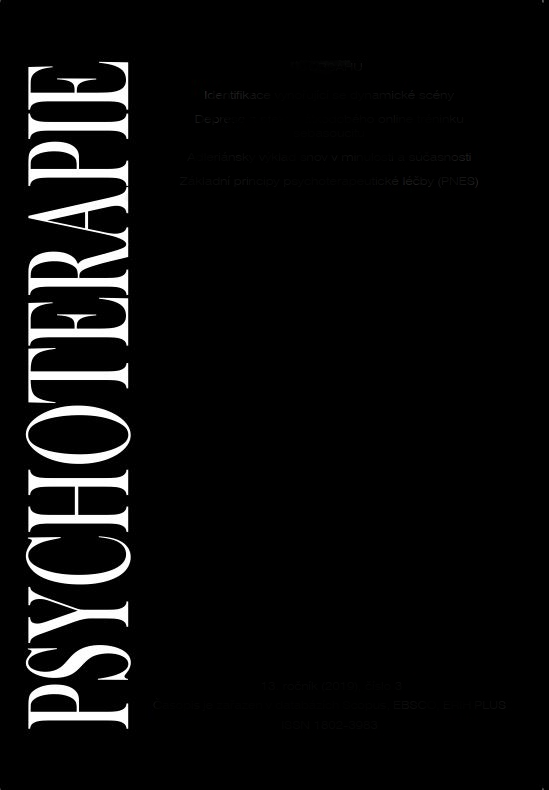Kdy a jak může sebeodhalení terapeuta pomoci?
When and How Can a Therapist’s Self-Disclosure Be Helpful?
Author(s): Jarmila Krajčová, Tomáš ŘiháčekSubject(s): Personality Psychology, Psychology of Self, Psychoanalysis
Published by: Masarykova univerzita nakladatelství
Keywords: Self-disclosure; helpful and hindering moments; motivation; grounded theory;
Summary/Abstract: A therapist’s self-disclosure is a potentially effective, yet somewhat controversial intervention. This qualitative study seeks to answer the question “When and how can a therapist’s self-disclosure be helpful in the therapeutic process?”. The study is based on the grounded theory method and comprises in an analysis of five interviews with clients and their therapists. The results indicate that a therapist’s self-disclosure can be beneficial to therapeutic process in case it fits the client’s actual need of confirmation: in this case, it can positively affect the client’s experience, support the therapeutic relationship and working alliance and contribute to progress in the client’s problem. Otherwise, it may encumber the therapeutic process by forcing the client to deal with the therapist’s self-disclosure as an extraneous element. The study also examines the role of therapist’s motivation to disclose personal information in the effect of selfdisclosure.
Journal: Psychoterapie : praxe - inspirace - konfrontace
- Issue Year: 7/2013
- Issue No: 3
- Page Range: 209-219
- Page Count: 11
- Language: Czech

